Best Diet for Soccer Players
Best Diet for Soccer Players
We live in a world with endless information on diet and nutrition. When facing all of the data, it can be daunting to understand what’s the best nutrition plan for you. Luckily, getting a balanced diet doesn’t have to be complicated. So in this article, we’ll be going over the best nutrition and diet tips for soccer players. Keep in mind that these are just guidelines, and what works for others may not always work for you.
For all the latest football boots and gear, go to World Soccer Shop for the best prices online. Remember that your diet is a tool to supplement your training and lifestyle.
Why Nutrition is Important for Soccer Players
It’s a well researched fact that good nutrition enhances sporting performance. For a more detailed overview about the role of nutrition in athletics, the journal of sports medicine published a great study.
With respect to soccer, eating right can help you perform at your best on the field. This can include running faster, improved endurance, and a shorter recovery time. For the sake of performance and overall health, you’ll want to make nutrition a top priority as you work towards improving your game.
Macronutrients
When you eat, your body breaks down food into components known as macronutrients. These nutrients are what your body needs to produce energy and maintain healthy bodily functions. Protein, carbohydrates, and fat are the three micronutrients that we all consume on a daily basis. It’s important to understand the role that these nutrients play in your body, as well as the best foods to ensure you get the required amount.
Protein
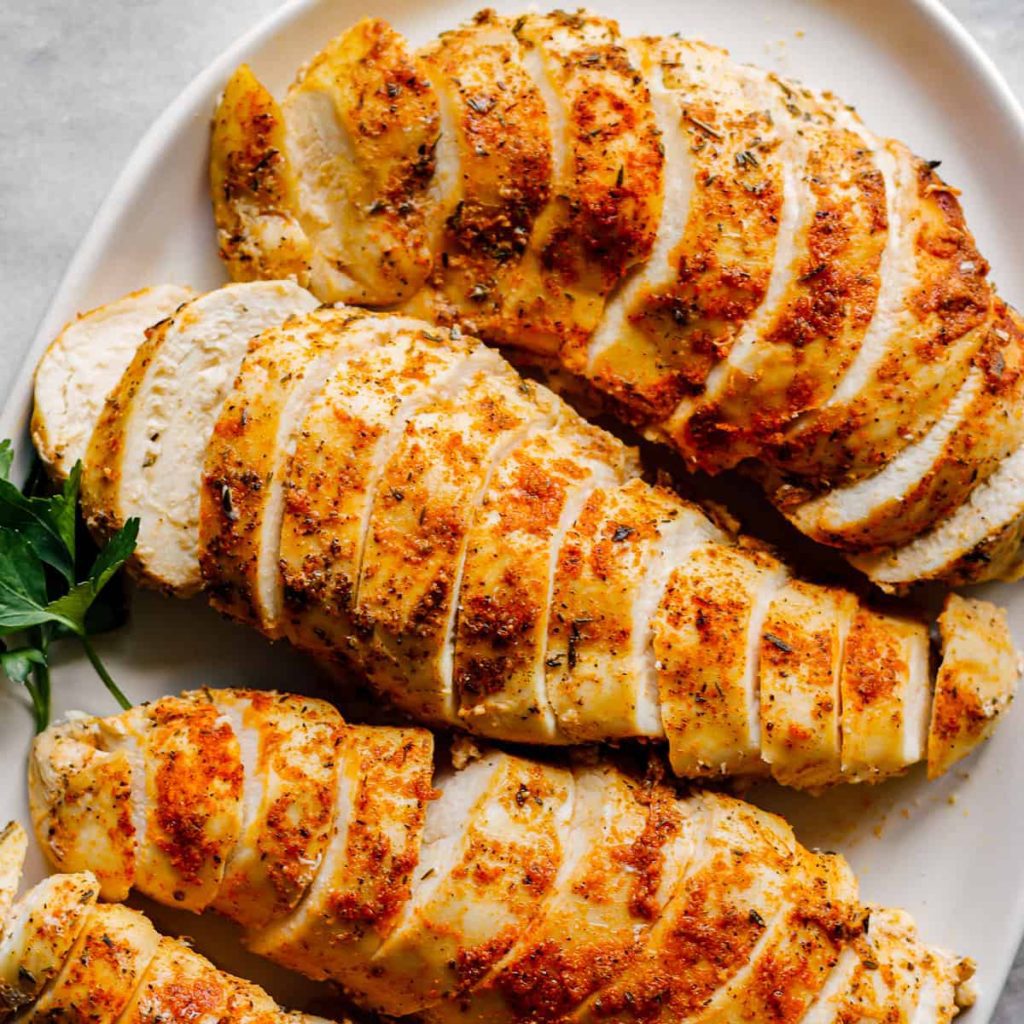
Protein is the primary nutrient responsible for repairing and strengthening your muscles. This makes protein a key nutrient for any athlete. If you’re exercising regularly, you’ll want to be consuming anywhere from 1.2 to 2.0 grams of protein per kilogram of bodyweight. Protein has the added benefit of being a very satiating nutrient, which means it will help you stay full for longer. Below are some great sources of protein to incorporate into your diet.
- Chicken
- Fish
- Steak
- Eggs
- Yogurt
- Whey Protein
- Soy Protein
Carbs
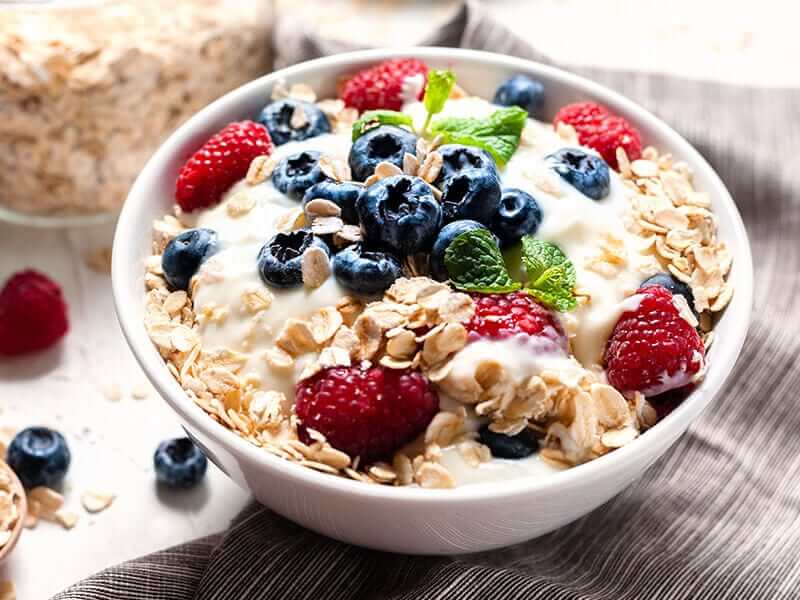
Carbohydrates serve as our primary fuel source during athletic performance. Carbs are converted to glycogen which is then stored in our muscles for energy release during high intensity exercise. For this reason, carbs are great to consume before and sometimes during athletic performance. You want to focus on consuming natural and whole food sources when it comes to carbohydrates. Some examples can be found below.
- Brown Rice
- Quinoa
- Sweet Potatoes
- Oats
- Bananas
- Dried Fruits
Fat
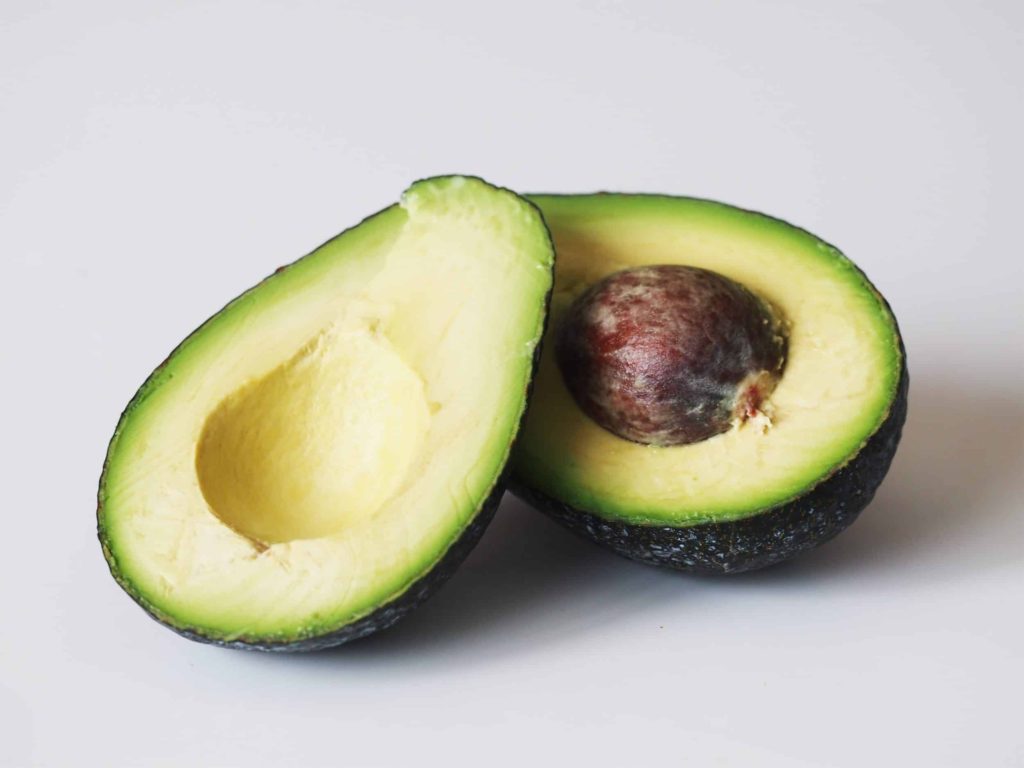
Fat should compose about 20-30% of your daily calories. This is slightly less than the 30-40% of calories that should be coming from protein and carbohydrates. However, fat still plays a crucial roll in optimizing your performance. Fats are essential in helping your body access stores of glycogen in your muscles. This ensures that you’ll have a steady rate of energy release throughout your exercise. The below foods are great sources of healthy fats.
- Nuts
- Seeds
- Avocados
- Peanut Butter
- Olive Oil
- Coconut Oil
When to Eat
Almost as important as what you eat is when you eat. The timing of your food intake can play a very important role in how you feel on the pitch. If you eat too much right before a game, you’ll feel slow and bloated. On the contrary, if you don’t eat enough before a game, you’ll feel weak fatigued.
Your goal should be to eat the right balance of foods, while allowing your body to properly digest all of the nutrients. Below, we’ll go through what should makeup your important meals on game day.
Starting the Day
Approximately 4 hours before your game or practice is when you should be consuming a large meal. This meal should be relatively carb heavy, with a large amount of protein as well. You can also incorporate healthy fats in the form of oils. This doesn’t have to be the same meal every day. Try to mix and mach different foods to find what works best for you. The goal is to find a healthy meal that you also enjoy the taste of.
Pre-Game Snack
Some players may opt to have a pre-game snack 1-2 hours before the start of their game. This can be helpful as it will ensure your body is topped up with enough fuel for optimum performance. The key to this snack is to keep it light. Fruits, nuts, and energy bars are all examples of great pre-game snacks.
Post-Game Recovery
After a few hours of playing soccer, your body will have lost a lot of energy. Before the day ends, you’ll want to eat a large meal to help your body recover. For this post-game meal, try to load up on primarily protein, while also including a balance of carbs and healthy fats. Keep in mind that protein is responsible for helping your muscles recover after high intensity exercise.
Hydration
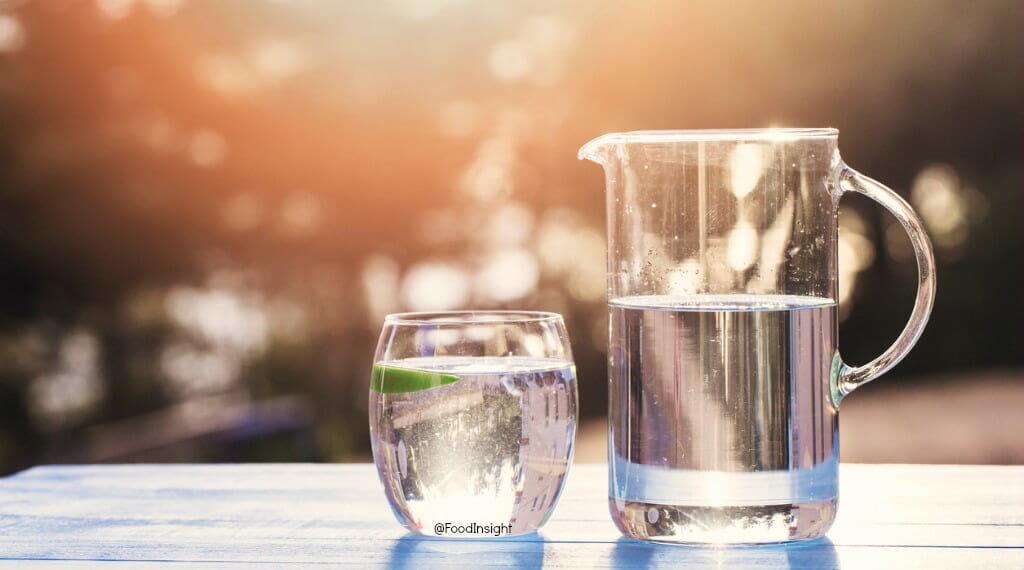
No conversation about health and nutrition is complete without underscoring the importance of hydration. Hydration is one of the simplest ways that athletes can enhance their performance. Dehydration can easily lead to headaches and lack of energy. This makes it all the more important for players to get enough water.
What to Drink
Water should be your main source of hydration before, during, and after playing soccer. You may also supplement water with gatorade or other sports drinks in order to replace electrolytes that your body loses through exercise.
Small amounts of caffeinated drinks may help boost performance when consumed before a match. Just be sure to not go overboard with your caffeine intake.
When to Drink
Drink at least 2 glasses of water upon waking up, as we tend to dehydrate as we sleep. Then drink about 1-2 glasses of water every 2 hours leading up to your game. The goal is for you to hydrate before playing, so that your body is ready to perform at its highest level.
After playing soccer for several hours, your body will have lost a lot of water. Be sure to drink plenty of water following your game in order to properly rehydrate.
Foods to Avoid
As an athlete, there are several foods you should avoid to keep your body in top shape. Foods that include a lot of added sugars and refined carbohydrates may taste good in the short term, but they don’t provide sustained energy. Below are some foods and drinks that you should avoid.
- Soda
- Candy
- White Bread
- Deep Fried Foods
- Alcohol
Remember that although you shouldn’t consume these foods in excess, they can occasionally be allowed in moderation. Just be sure to focus primarily on nutritious foods, especially on game day.
- Most Comfortable Football Boots of 2024
- Nike Phantom GX 2 vs Adidas Predator Elite
- Puma Future 7 Pro – Review
- Mizuno Morelia 2 Elite Review
- Nike Phantom GX 2 Elite Review
- Width Matters: Choosing the Right Football Boots for Your Feet
- Nike Premier 3 vs Copa Gloro vs NB 442 V2 Pro
- The Best Value Adidas Boot – Copa Gloro Review
- Best Predator Ever? – Predator Elite Review
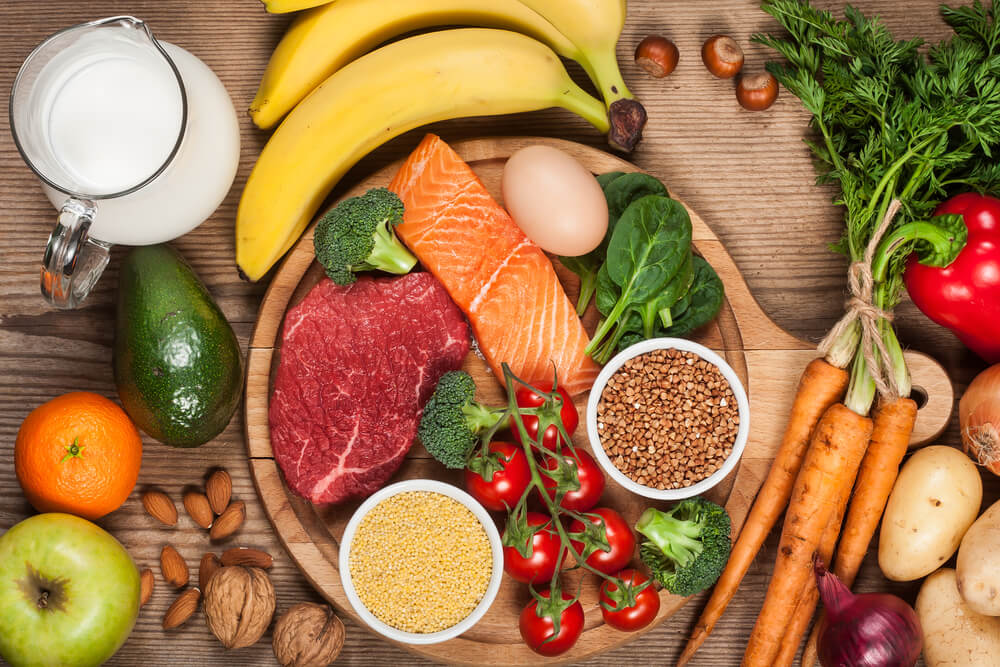
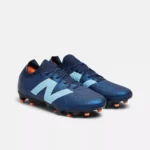
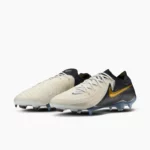
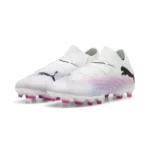

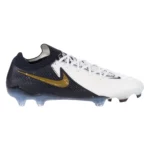
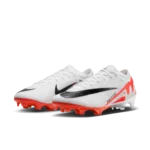
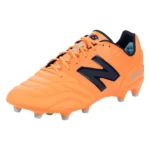
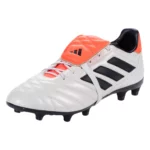
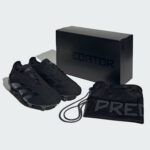
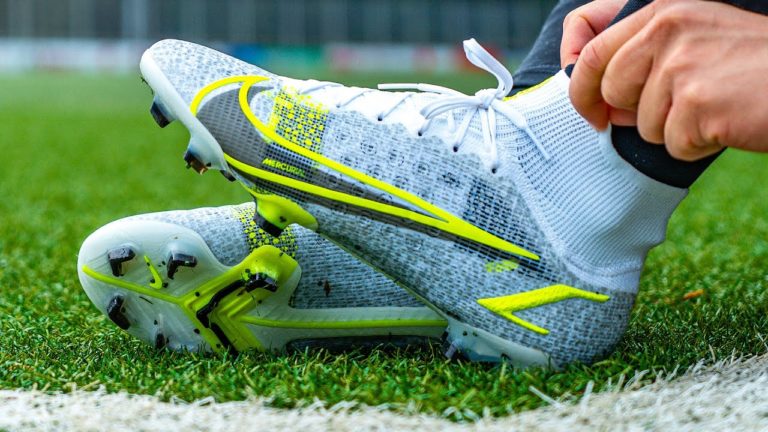
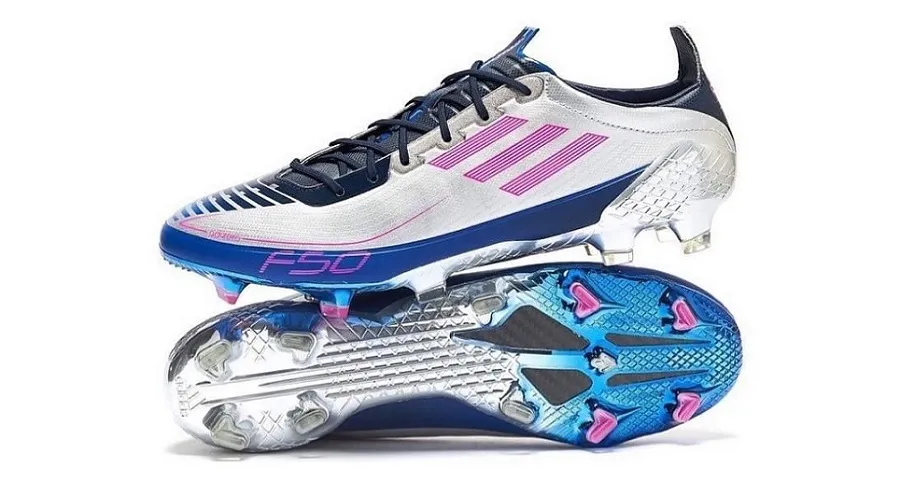
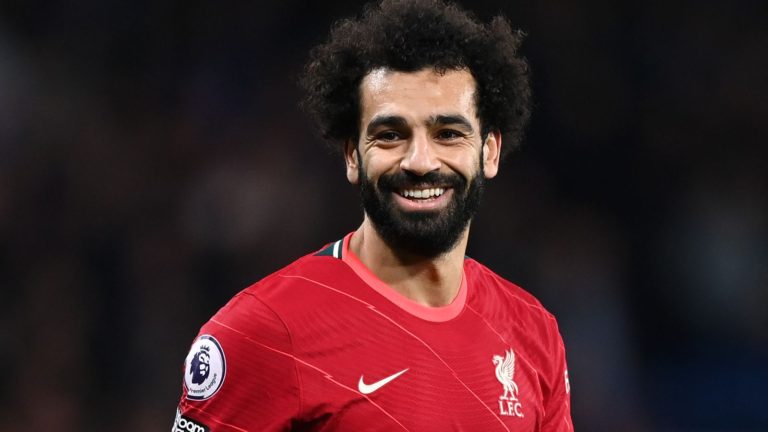
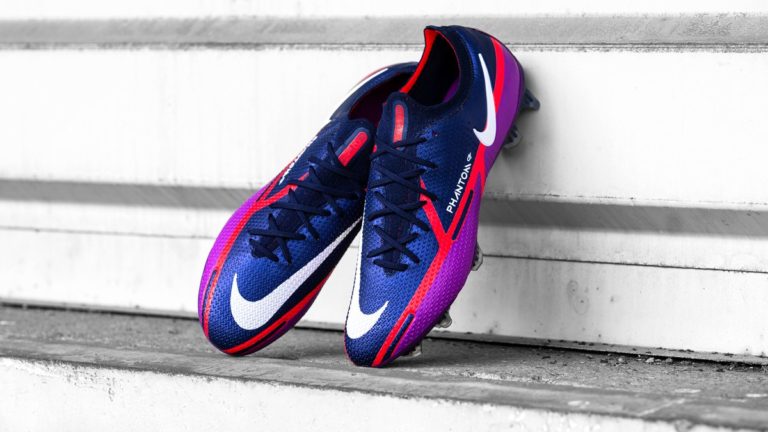
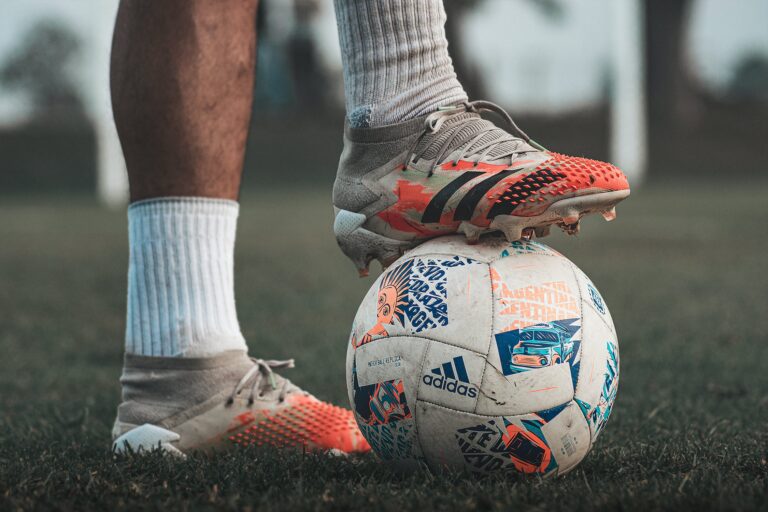
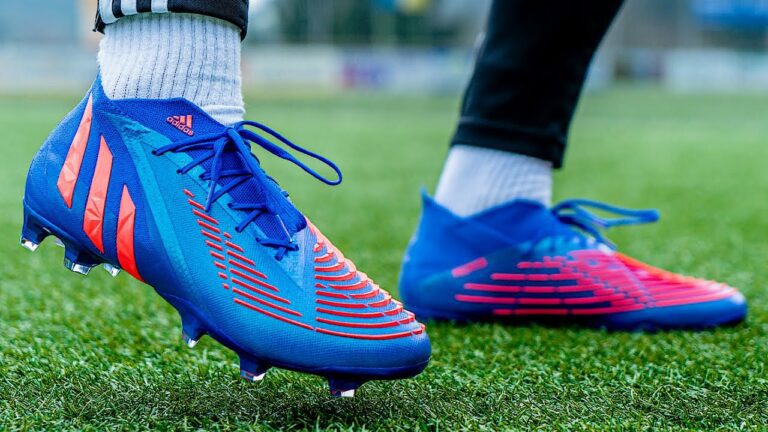
One Comment
Comments are closed.